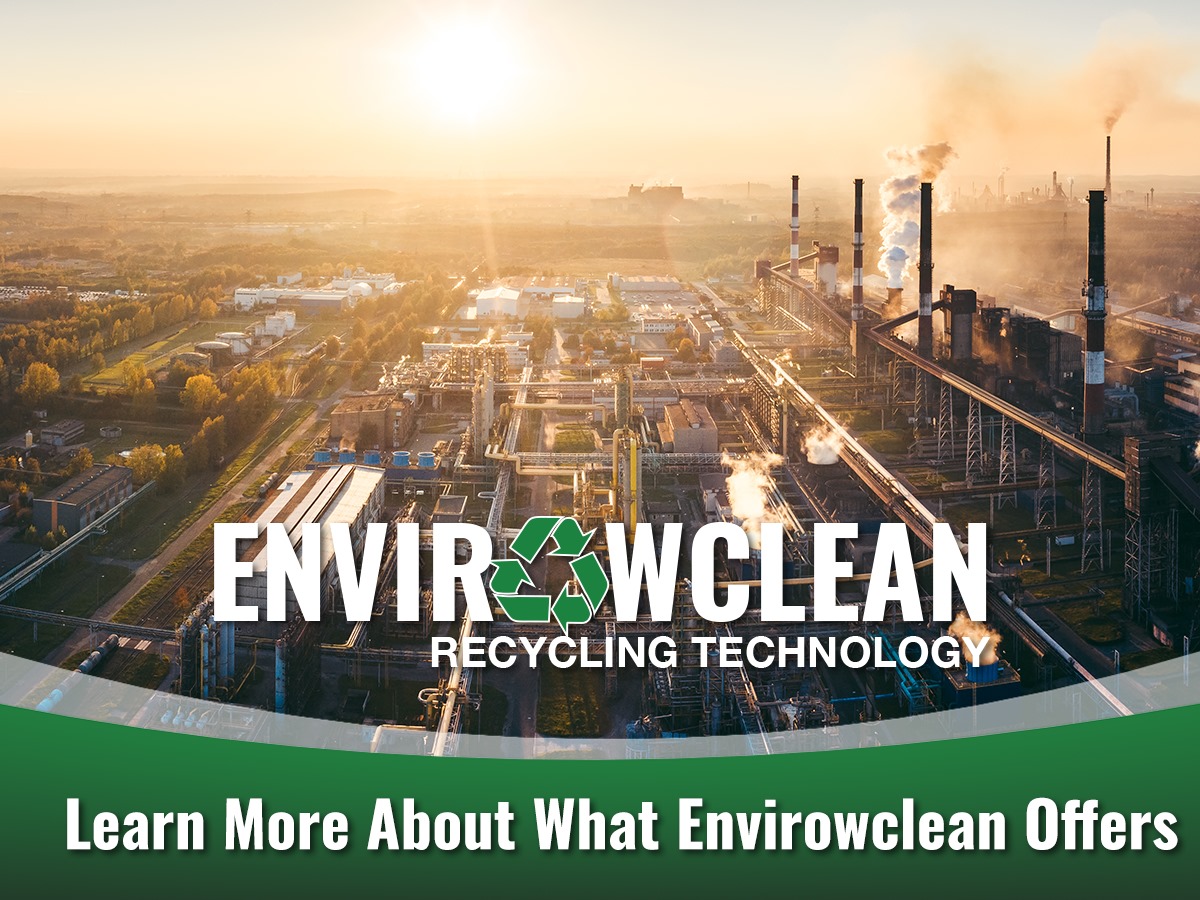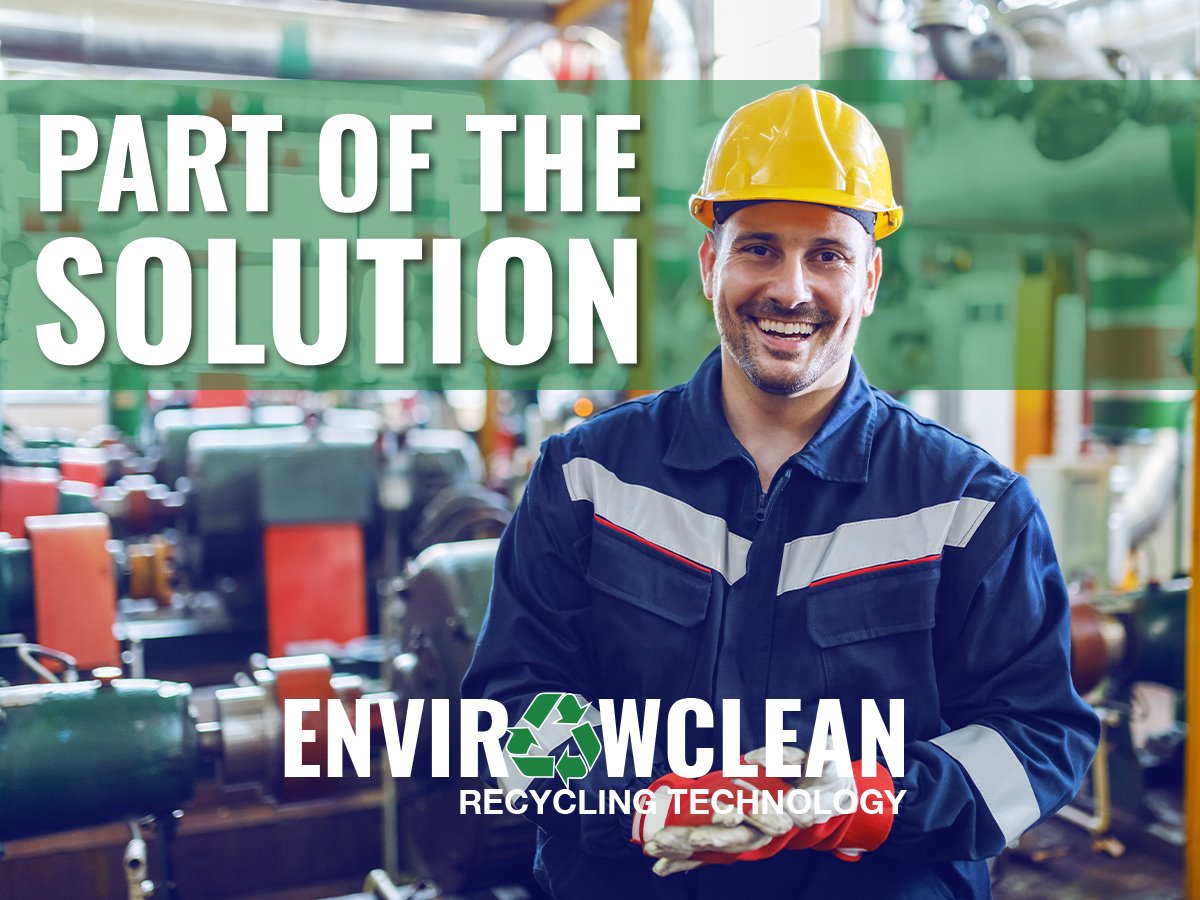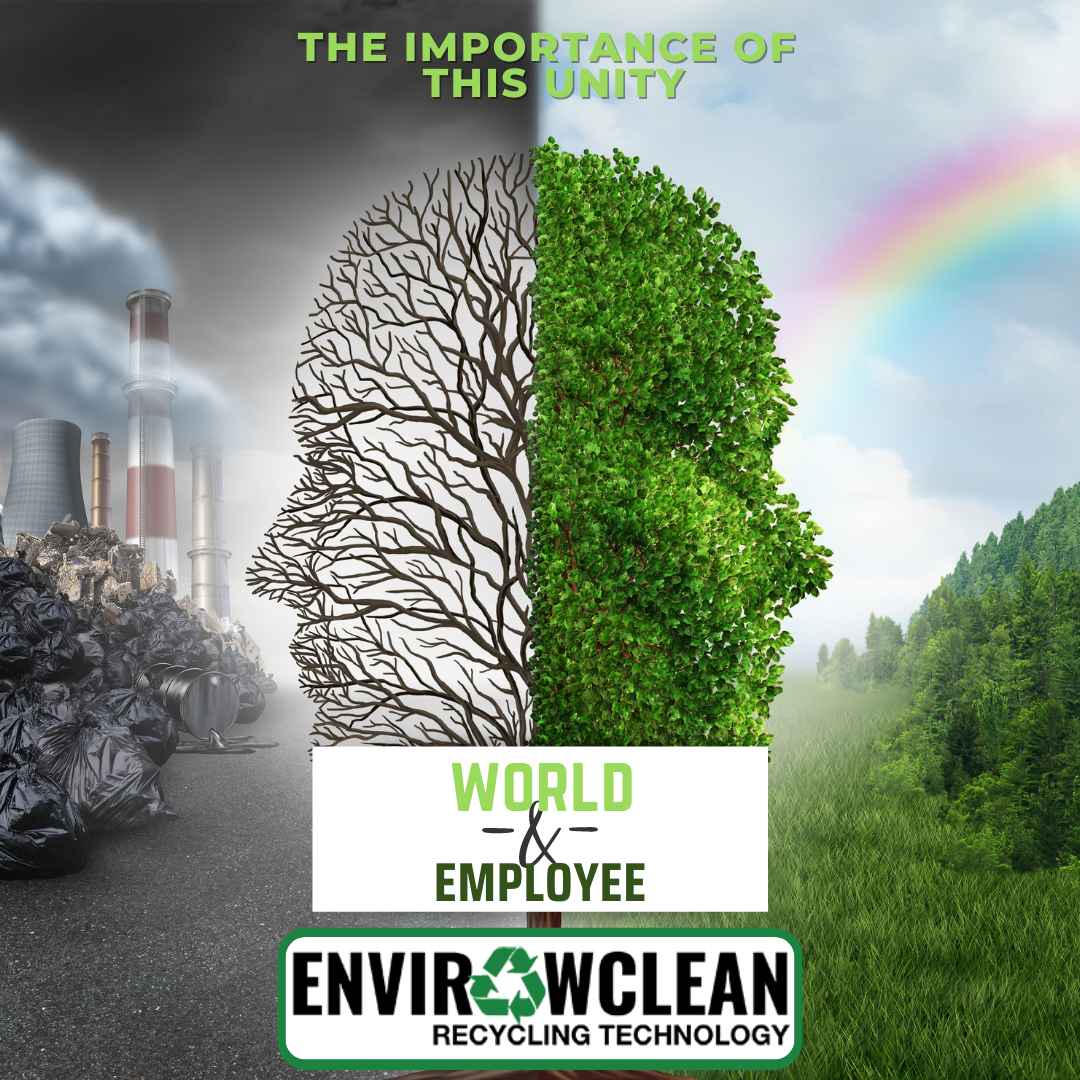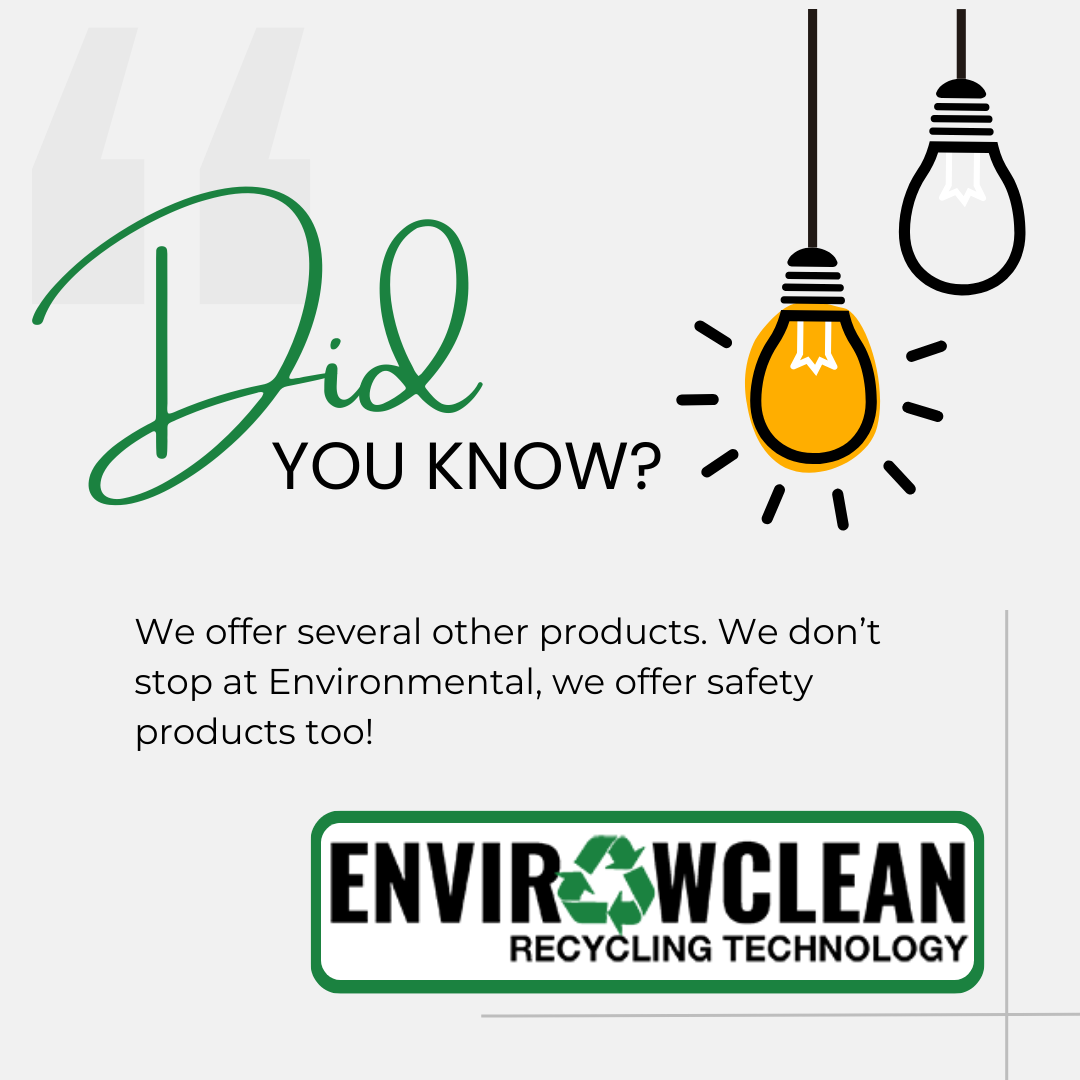In the realm of industrial operations, oil plays a pivotal role, serving as a vital lubricant, coolant, and energy source. However, the challenge arises when this oil becomes contaminated or reaches the end of its usable life. Disposing of used oil improperly can lead to significant environmental hazards, including soil and water pollution. This is where the concept of oil reclamation steps in, offering a sustainable solution that not only mitigates environmental risks but also conserves valuable resources. At Envirowclean, we are at the forefront of oil reclamation, revolutionizing the way industries handle their used oil.
Understanding Oil Reclamation
Oil reclamation involves the process of restoring used or contaminated oil to a condition where it can be reused, rather than simply disposing of it. This process typically involves removing impurities, contaminants, and degradation products from the oil, effectively “cleaning” it and restoring its functional properties. The reclaimed oil can then be reintroduced into industrial processes, significantly extending its lifecycle and reducing the need for fresh oil production.
The Reclamation Process: A Step-by-Step Overview
- Collection: The first step in oil reclamation is the systematic collection of used oil from various industrial sources. This can include lubricants from machinery, hydraulic fluids, and other types of oil that have been utilized in industrial processes.
- Filtration: The collected oil undergoes a filtration process to remove large particles and debris. This is the initial step in purifying the oil, preparing it for more intensive cleaning.
- Dehydration: Water and moisture are removed from the oil through dehydration techniques. Moisture can cause corrosion and other issues in industrial systems, so its removal is crucial.
- Centrifugation: The oil is then subjected to centrifugation, which uses high-speed spinning to separate contaminants based on their density. This process effectively removes fine particles, sludge, and other impurities.
- Vacuum Distillation: For oils requiring higher purity levels, vacuum distillation is employed. This process heats the oil under reduced pressure, causing contaminants with lower boiling points to evaporate, leaving behind clean oil.
- Additive Restoration: The final step involves replenishing any depleted additives in the oil to restore its original performance characteristics. Additives can include anti-wear agents, detergents, and antioxidants that ensure the oil performs effectively in its intended application.
The Benefits of Oil Reclamation
- Environmental Protection: By reclaiming oil, we significantly reduce the risk of environmental contamination. Used oil contains harmful substances that can pollute soil and water if not handled properly. Reclamation ensures these contaminants are removed and managed safely.
- Resource Conservation: Oil reclamation conserves natural resources by reducing the demand for virgin oil production. This helps preserve finite oil reserves and lowers the environmental footprint associated with oil extraction and refining.
- Cost Savings: For industries, reclaimed oil represents a cost-effective alternative to purchasing new oil. The reclamation process is often more economical than the production of new oil, providing substantial savings over time.
- Regulatory Compliance: Many regions have strict regulations regarding the disposal of used oil. Reclaiming oil helps businesses comply with these regulations, avoiding potential fines and legal issues associated with improper disposal.
- Sustainability Goals: Embracing oil reclamation aligns with broader sustainability goals. It demonstrates a commitment to environmental stewardship and responsible resource management, enhancing a company’s reputation and appeal to eco-conscious stakeholders.
Real-Life Applications of Oil Reclamation
- Manufacturing Plants: In manufacturing, machinery relies heavily on lubricants and hydraulic fluids. Reclaiming these oils ensures that the equipment operates efficiently while reducing waste and operational costs.
- Automotive Industry: The automotive sector generates significant volumes of used oil from vehicles. Reclamation allows this oil to be reused in maintenance and production processes, promoting a circular economy.
- Power Generation: Power plants use large quantities of oil for turbines and generators. Reclaimed oil can maintain the performance of these critical components, ensuring reliable energy production.
- Marine and Transportation: Ships and transportation fleets also produce substantial amounts of used oil. Reclaiming this oil supports sustainable practices in logistics and maritime operations.
Envirowclean’s Commitment to Oil Reclamation
At Envirowclean, we are dedicated to advancing oil reclamation technologies and practices. Our state-of-the-art facilities and expert teams are equipped to handle the most challenging reclamation projects, ensuring that every drop of oil is utilized to its fullest potential. We believe that through innovation and commitment, we can make a significant impact on the environment and the industries we serve.
In conclusion, oil reclamation is more than just a process—it’s a pathway to a sustainable future. By reclaiming oil, we protect the environment, conserve resources, and support the efficient operation of industries. At Envirowclean, we are proud to be at the forefront of this vital endeavor, driving positive change and promoting a greener, more sustainable world. Join us in our mission to revolutionize oil recycling and make a lasting impact on our planet.






